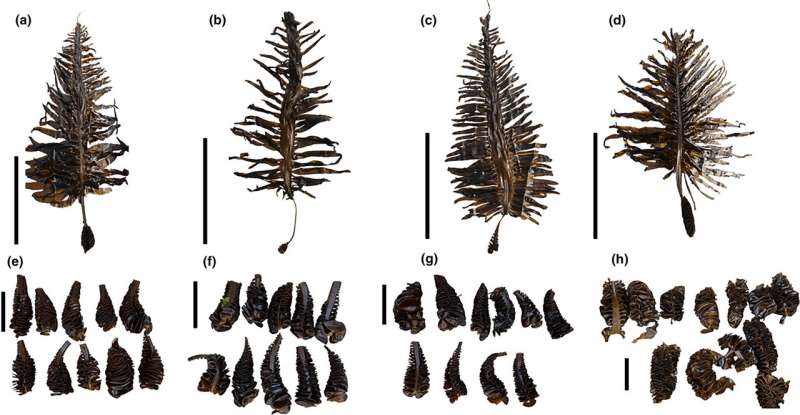A geoengineering startup, Stardust Solutions, has successfully raised $60 million in funding to advance its efforts in developing technology aimed at reducing global temperatures. This funding round, described as the largest in the geoengineering sector to date, highlights the increasing interest in innovative approaches to combat climate change, according to Heatmap News.
The concept of geoengineering involves manipulating the Earth’s climate system to counteract the effects of global warming. One proposed method involves dispersing aerosol particles into the atmosphere from aircraft or weather balloons to reflect sunlight away from the Earth. While the idea has garnered attention, it also faces significant scrutiny from the scientific community regarding its potential risks and ethical implications.
Yanai Yedvab, CEO of Stardust Solutions and a former physicist for the Israeli government, acknowledged that while solar radiation management could provide temporary relief, it is not a comprehensive solution. “There will still be extreme weather events,” Yedvab stated, emphasizing that the technology cannot entirely eliminate climate-related risks.
The funding is particularly noteworthy as Stardust Solutions operates as a private entity, differentiating it from many other efforts in the field, which are often led by academic institutions or nonprofit organizations. Investors in this round include prominent figures from Silicon Valley as well as an influential Italian industrial family.
In their research, scientists have explored the potential of using sulfate aerosols to mimic the cooling effect of volcanic eruptions, which have been shown to lower global temperatures temporarily. However, Yedvab criticized sulfates as a “poor option” due to existing atmospheric contamination and potential damage to the ozone layer. Instead, his team is focusing on developing a new, scalable particle that could be produced in large quantities at a low cost. This particle would need to be “as safe as, say, flour,” he noted.
Plans are underway for controlled outdoor experiments, set to begin as soon as April 2024. These experiments will involve releasing particles from a modified aircraft at an altitude of approximately eleven miles. The company is also in the process of securing a patent for the proprietary particle it is developing.
Critics of geoengineering, including climate scientists from institutions like the University of Chicago, have raised concerns about governance and the ethical implications of such technologies. Questions remain regarding who would decide where and how particles are deployed, as well as the unknown risks associated with geoengineering projects.
In the past year, there have been notable incidents reflecting public skepticism about geoengineering. For instance, city officials in Alameda, California, ordered the cessation of an unannounced experiment by researchers from the University of Washington that aimed to inject cloud-brightening particles into the atmosphere. Additionally, researchers at Harvard paused their atmospheric geoengineering experiment amid public backlash.
Despite the challenges, Yedvab remains committed to ensuring that any deployment of their technology will occur under strict governance. He stated, “When you’re dealing with such an issue, you should have very clear guiding principles.” The startup’s ambitious plans have sparked a mix of hope and skepticism, illustrating the complexities of addressing climate change through innovative engineering solutions.







